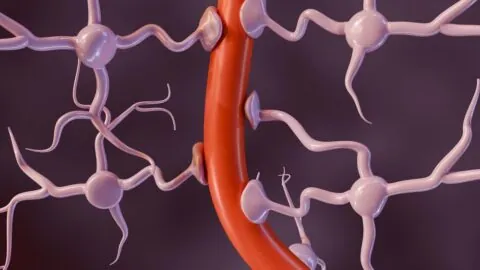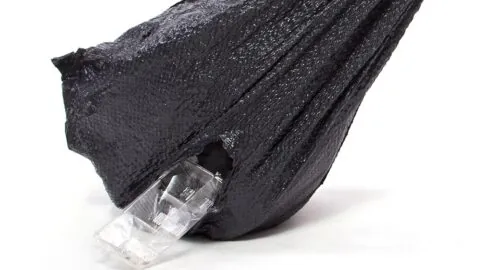July 14, 2025
Researchers have discovered how α-synuclein (α-syn), a key protein in Parkinson's disease and Lewy body dementia, leads to inflammation and disruption of the axons in the brain. Failure of the barrier Unlike other organs, the brain is heavily protected from many compounds in the bloodstream in order to prevent damage, with a unique combination of...
April 11, 2025
By tweaking genes used by placental and cancerous cells to evade immune detection, scientists have created non-immunogenic neuronal grafts that may help Parkinson’s patients [1]. Sneakiness needed In recent years, scientists have learned to produce cells via cellular reprogramming, a process in which differentiated cells are driven back to a pluripotent, stem-like state. These are...
April 10, 2025
Experimenting on rodents, researchers have found a pathway through which exercise could fight Parkinson's disease and a molecule that might recapitulate this effect. Fighting inflammation is crucial in Parkinson's Parkinson's disease is characterized by Lewy bodies and the loss of dopaminergic neurons [1]. Recent work has found that this degeneration is related to neuroinflammation: the...
July 29, 2024
In Aging, a pair of researchers has published a perspective connecting fat (lipid) accumulation and cellular senescence in neurons to Parkinson's disease. α-syn, but not just α-syn Parkinson's disease is characterized by the loss of a specific population of neurons: the dopaminergic neurons in the substantia nigra, a part of the brain that governs movement...
April 12, 2024
Scientists have tested a novel method of providing cells with healthy mitochondria to fight Parkinson’s disease [1]. Replacing damaged mitochondria Parkinson’s disease is the second-most prevalent neurodegenerative disorder, and it affects 10 million people worldwide. The disease is age-related, as its prevalence rises rapidly in people older than 65, although some people are diagnosed much...
January 15, 2024
A new paper elaborates on how and why microglia fail to clean up the α-synuclein protein of Parkinson's disease, gradually making the disease worse. The aggregation of Parkinson's Loss of ProteostasisThe loss of proteostasis is the failure of the protein-building machinery of the cell and the accumulation of misfolded proteins, which is one of the...






